5 Worst Things To Spill On Your Wood Floor
Your beautiful wood floors bring you a sense of pride. Whether they came with your home when you purchased it or a professional wood flooring expert installed them after you moved in, you recognize the value of protecting your hardwood floors to maintain their beauty and prolong their life. That can be a difficult challenge, especially when you add kids, pets, and the hazards associated with day-to-day living into the mix.
In this article, the Philadelphia wood floor experts at Artisan Wood Floors outline the five worst things you can spill on your hardwood floors and what steps you can take to deal with an unforeseen spill.
The five worst things to spill on your wood floors are as follows:
Acetone
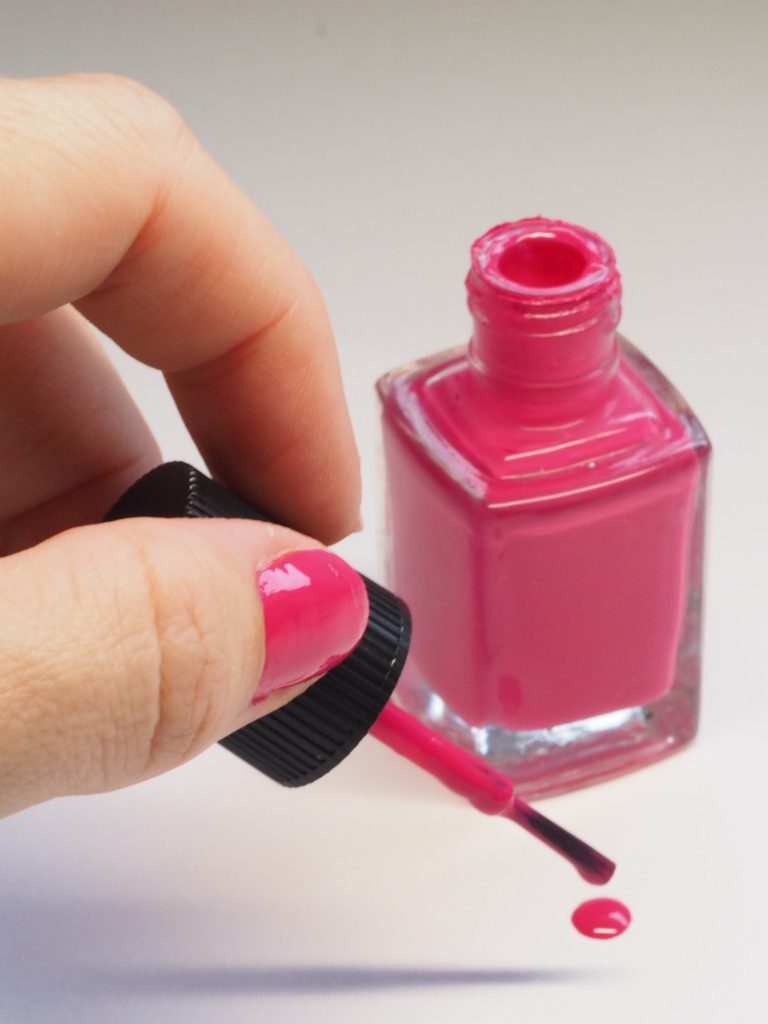
Acetone, a chemical most commonly found in nail polish remover, can be incredibly destructive to a wood floor. It damages finished wood surfaces immediately on contact, and the damage is typically isolated to the wood’s finish. Acetone is colorless, with a slight order, and highly flammable.
If you spill acetone on your hardwood floor, you can spray the affected area with an all-purpose hardwood-safe cleaner and then wipe it dry using a rag. If the finish damage is minor, you can color the affected area of your wood floor with a stain pen and let it dry. That portion of the floor may need to be refinished if more extensive damage has occurred.
White Vinegar
Spilling vinegar on a wood floor can hurt hardwood floors.
Contrary to popular belief, vinegar isn’t the best natural cleaning solution out there – at least not when it comes to wood floors.
Many people use white vinegar and water as an easy and quick DIY cleaner because it is affordable, environmentally safe, and has incredible cleaning power. But, it is essential to remember that vinegar should never be used on hardwood floors.
It is important to recognize that you’re not cleaning the actual wood but the wood finish, which is your floor’s protective layer when cleaning hardwood floors. Because vinegar is acidic, it can destroy your floor’s surface finish. Over time, that can reduce a floor’s shine leaving a dull appearance. Also, water, vinegar’s cleaning partner in the DIY mix, is detrimental to wood floors as well, but we’ll get to that in a moment.
Click here to read about what professionals use to clean wood floors
Water
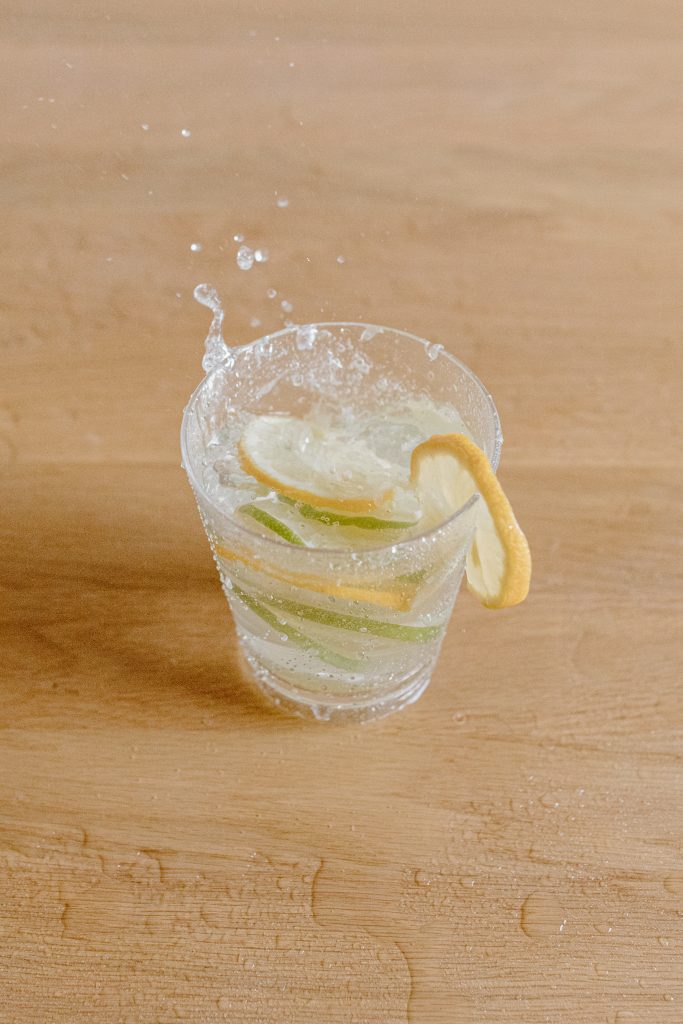
Water is the enemy of a hardwood floor.
When water spills occur on hardwood floors, they can do permanent damage and ruin the floors you love so much if not adequately addressed. Wood floors ultimately absorb the water, causing warping and discoloration. The longer the hardwood floor remains in contact with the water, the more damage the water will cause.
That is why, when water is spilled on your wood floors, you need to quickly get rid of it and dry your hardwood floor immediately. To get rid of spilled water on a hardwood floor, dry it properly as fast as possible. In doing so, you should be able to minimize the damage.
Mineral oil should do the trick to remove water stains from a wood floor. Apply a thin layer with a soft microfiber cloth. You should wait for several minutes before repeating the process. Light water stains should break down within 24 hours using this method.
Ammonia
Spilling ammonia on a wood floor will ultimately deteriorate, dull, and discolor the wood floor finish. Yet, some people still mistakenly use ammonia to clean their hardwood floors, eventually shaving off years of the wood floor’s life.
Ammonia, abrasive cleaners, and alkaline products are bad news for wood floors because they dull and scratch finishes by dissolving your hardwood floor polish or finish.
Dip a sponge into cool water if you spill ammonia on your hardwood floor. Wring out the sponge until it is damp. Gently wipe the affected area of the wood floor while ensuring that you do not spread the ammonia stain. Next, wipe the area dry using a soft microfiber cloth. You should also immediately wax or polish the area to prevent lasting wood damage.
Wine
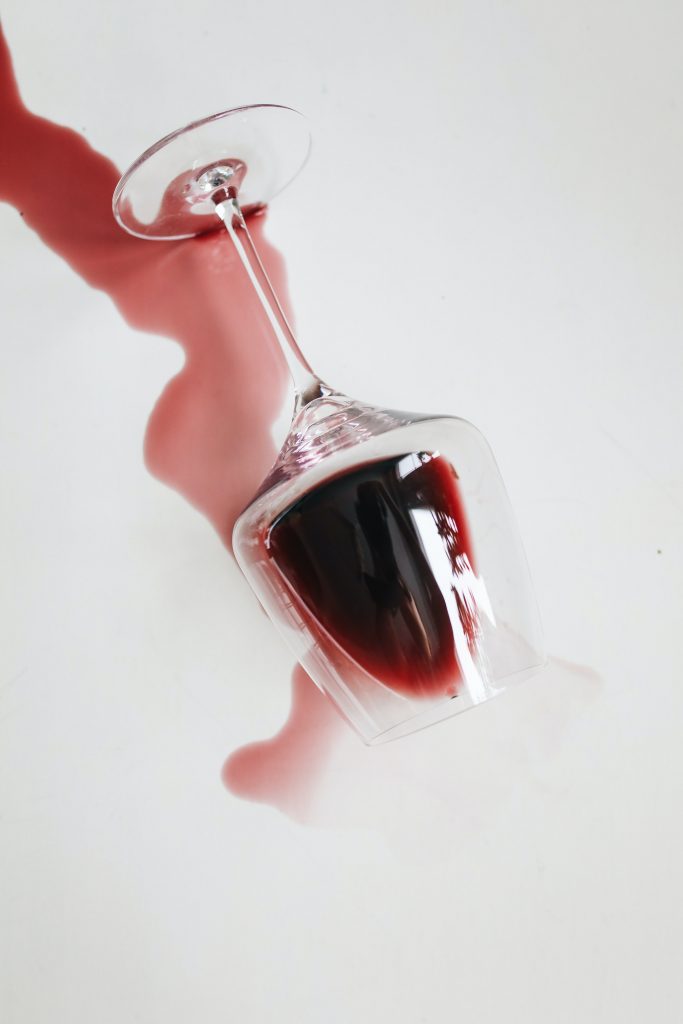
Red wine is derived from fermented purple and red grape juices. It stains literally everything with a porous surface that it touches. That means that nothing, from carpets and furniture to clothing, and, of course, your hardwood floors, is safe from the dreaded spill of red wine.
Red wine is one of the most common spills that a hardwood floor can face because, whether you’re spending a quiet evening at home with your nightly glass of vino or holding a dinner party with friends, accidents are bound to happen.
When you spill red wine on your hardwood floors, the first thing to do is not panic. It is essential to clean and blot red wine stains as quickly as possible following the spill. Failure to do so will result in the red wine soaking in and permanently staining your wood floor. If appropriately addressed, you should be able to avoid disaster.
Set-in red wine stains can be particularly challenging to remove, and dealing with a fresh red wine stain on your wood floor is a much easier task than trying to deal with it after it has set in.
Fixing Hardwood Floor Damage
If your wood floors have suffered damage from acetone, long-term water damage, wine, or other types of spills, there are usually do-it-yourself techniques that can certainly help. The key to dealing with any type of spills on your hardwood floor is to immediately address the problem because that offers you the best chance of preventing long-lasting damage.
Unfortunately, damage from some of the worst things you can spill on your hardwood floors is too much to handle on your own. In some cases, if you don’t address the situation adequately, you can end up doing more damage to your wood floor. Sometimes, the best course of action is to call in a professional to ensure that your floors will not sustain more damage when you try and take on the job yourself.
When you contact the PA Wood Floor Experts at Artisan Wood Floors, you can trust that you are reaching out to a wood floor professional who can help with your PA wood floor repair, no matter what damage they have suffered.
Call Artisan Wood Floors today at (215) 515-7355 and ask for Steve!
Recent Hardwood Flooring Projects in Philadelphia & NJ
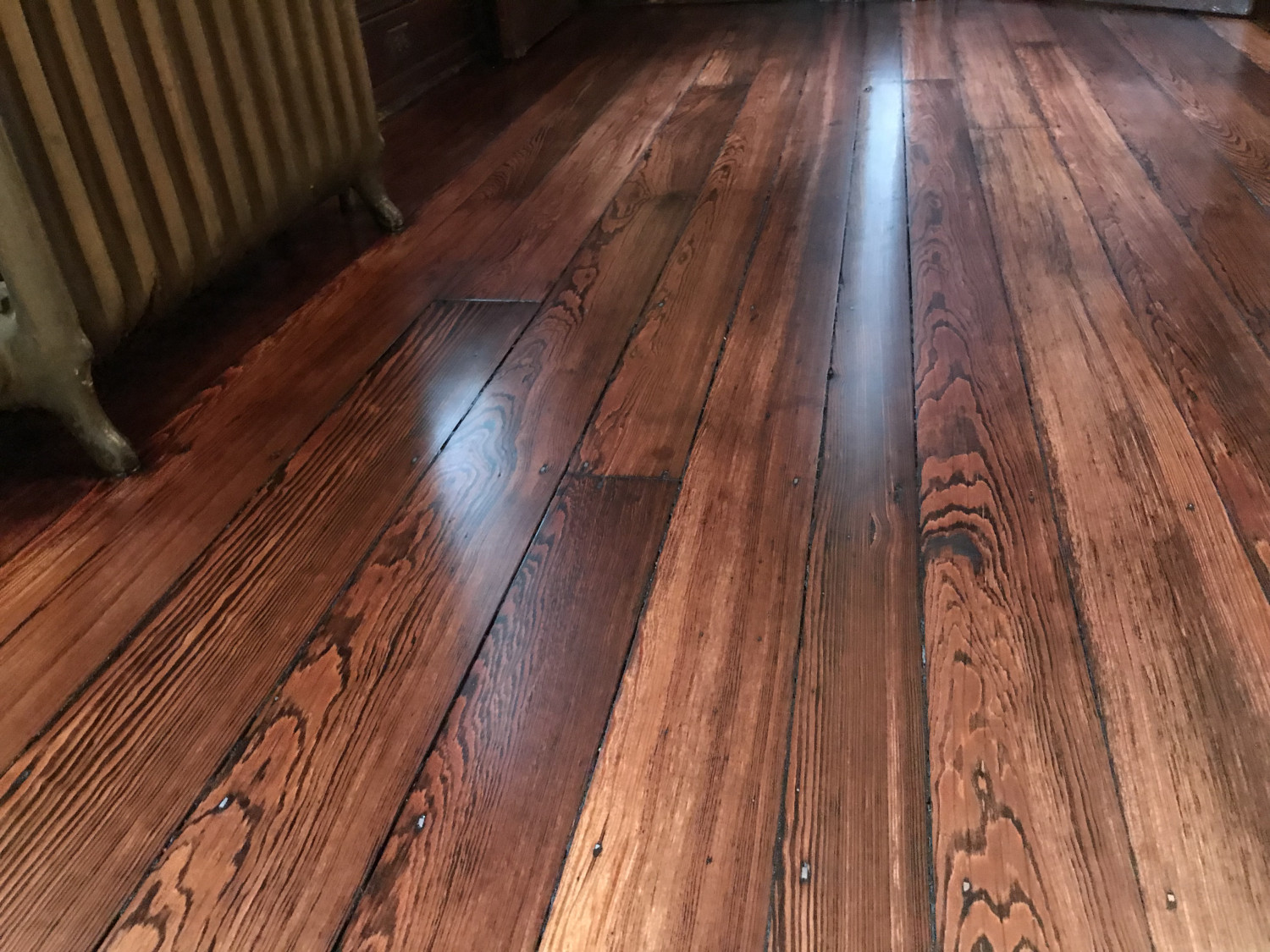
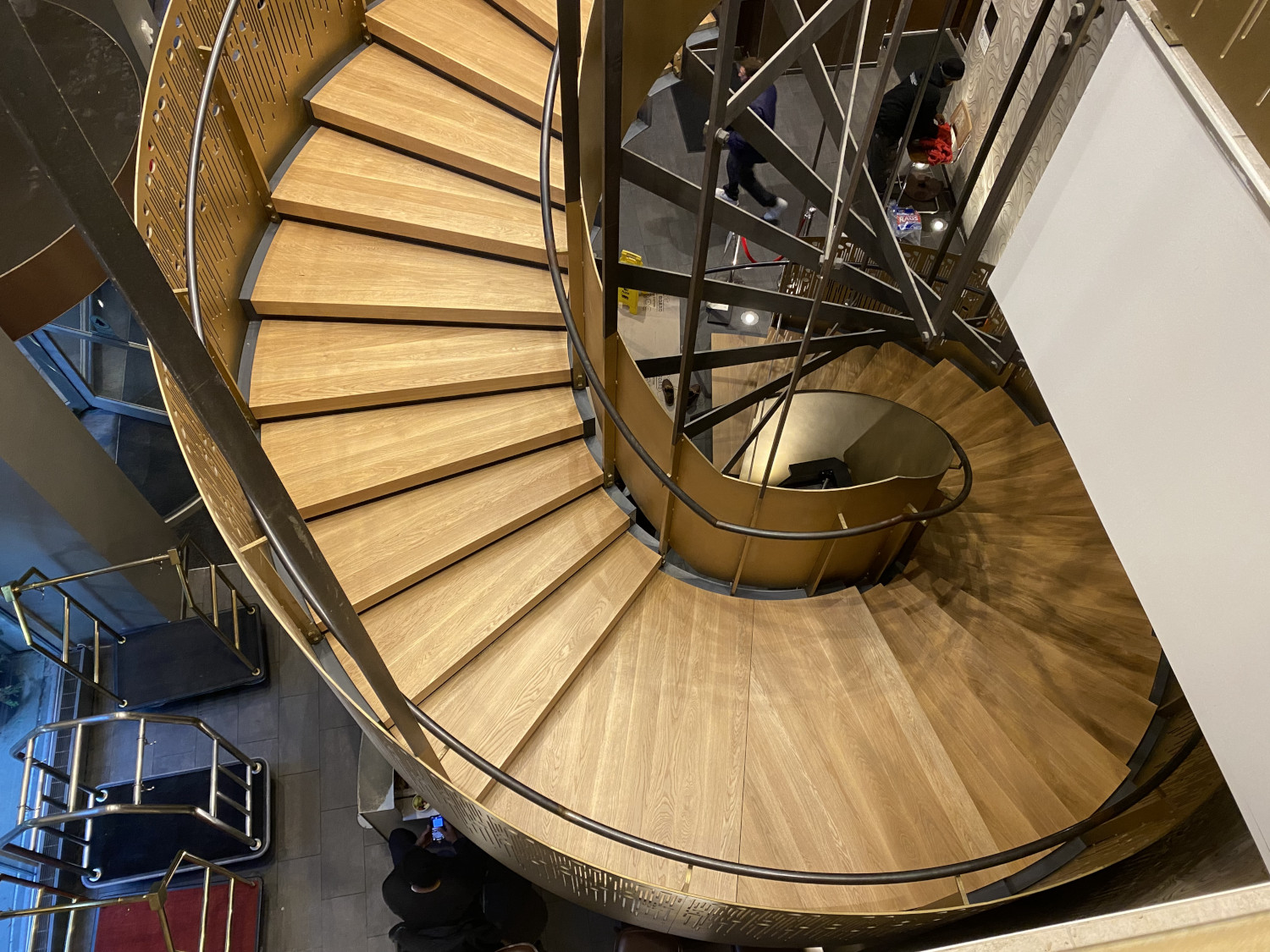
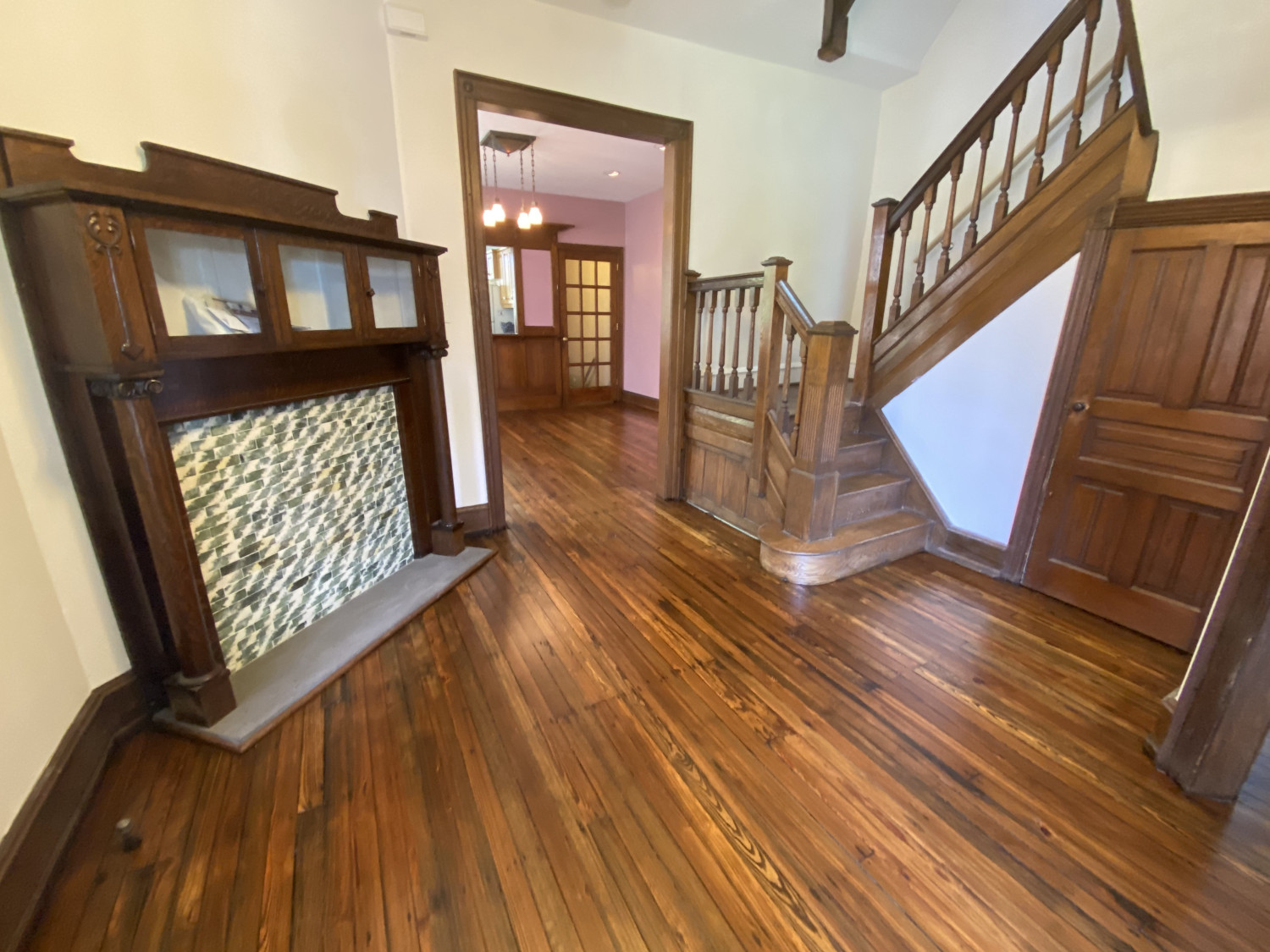

0 Comments